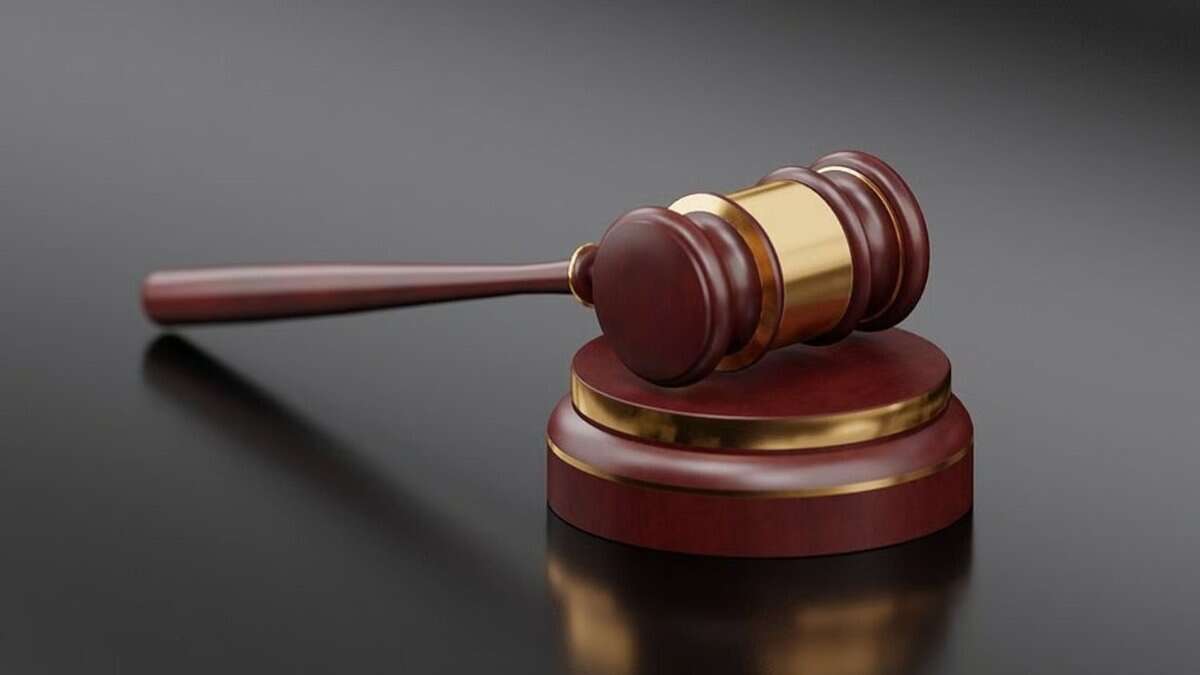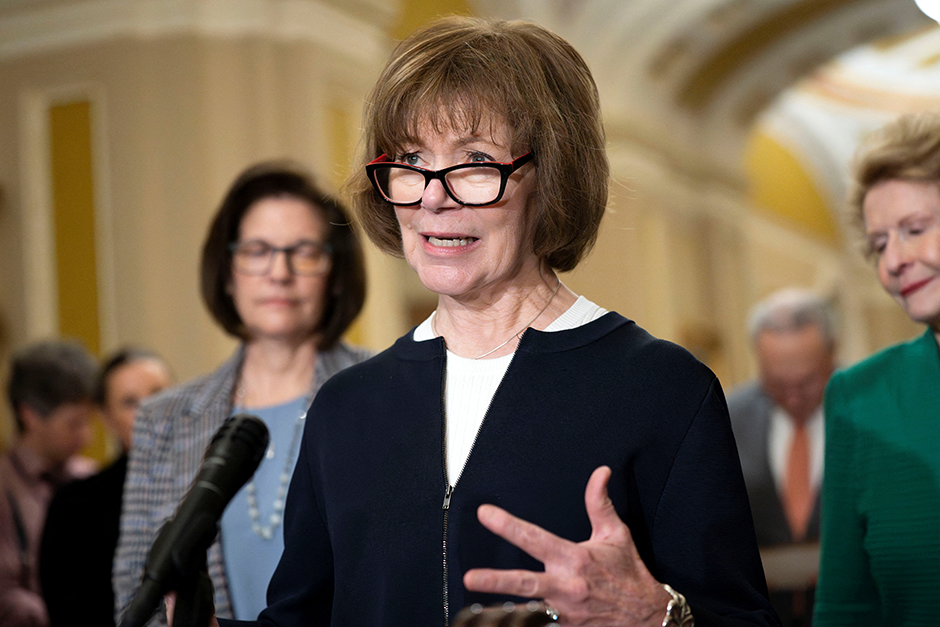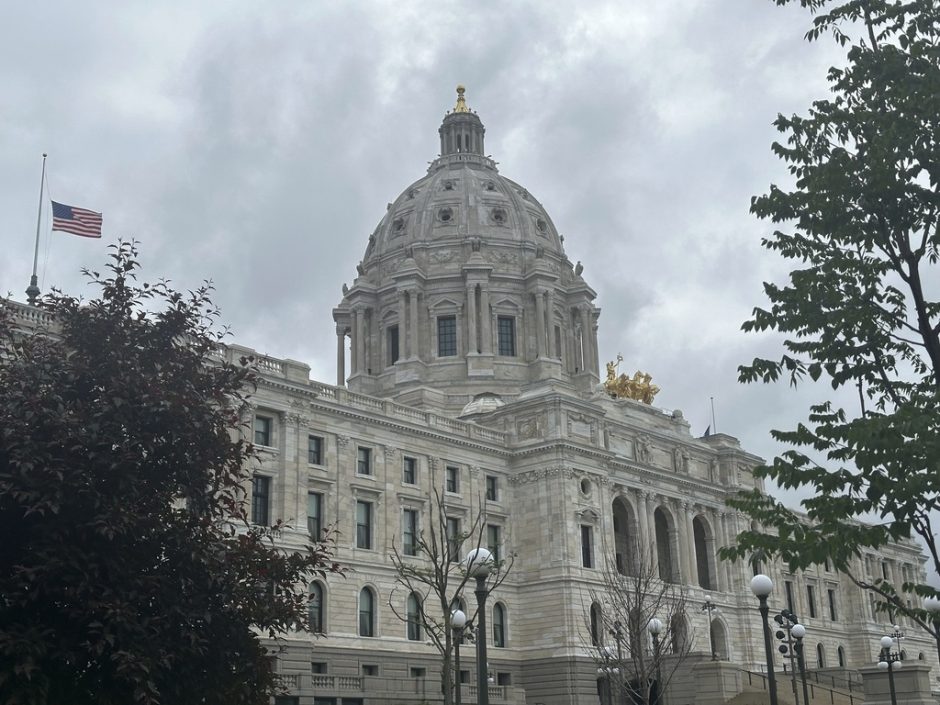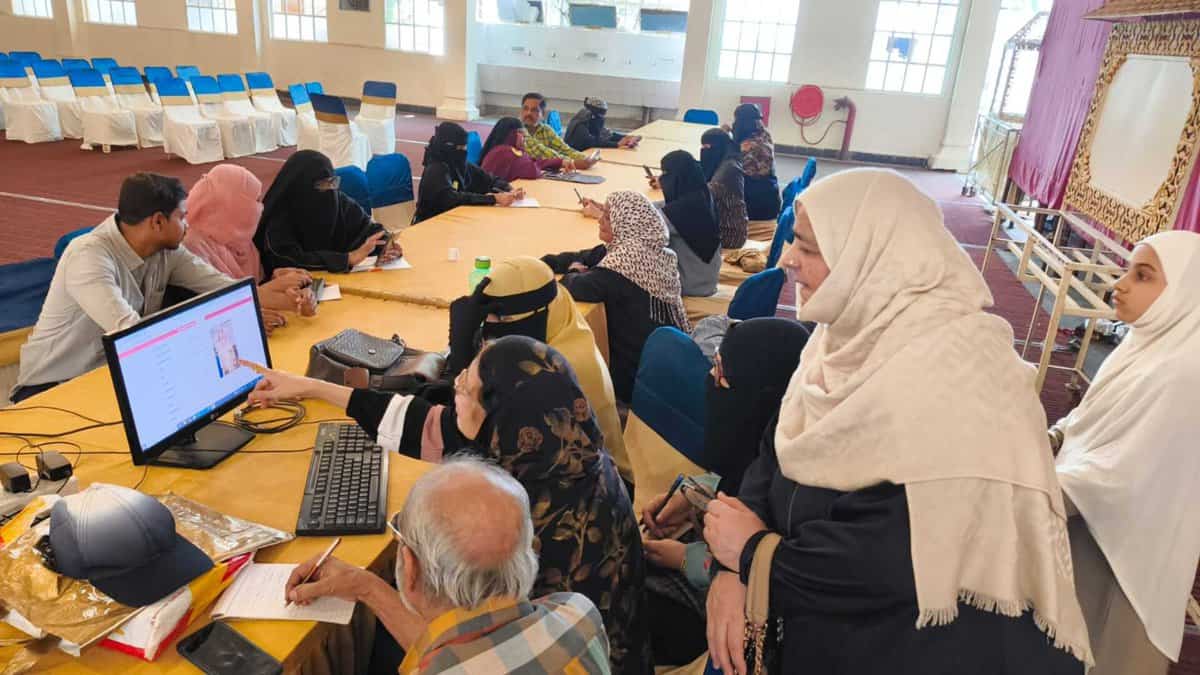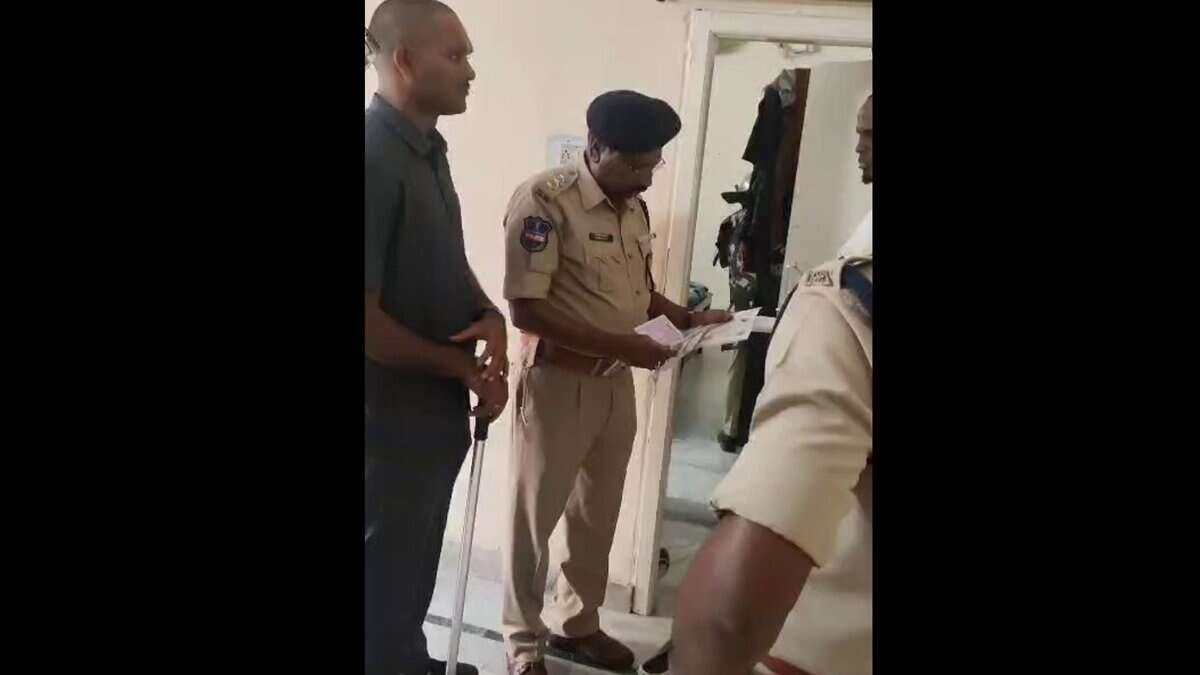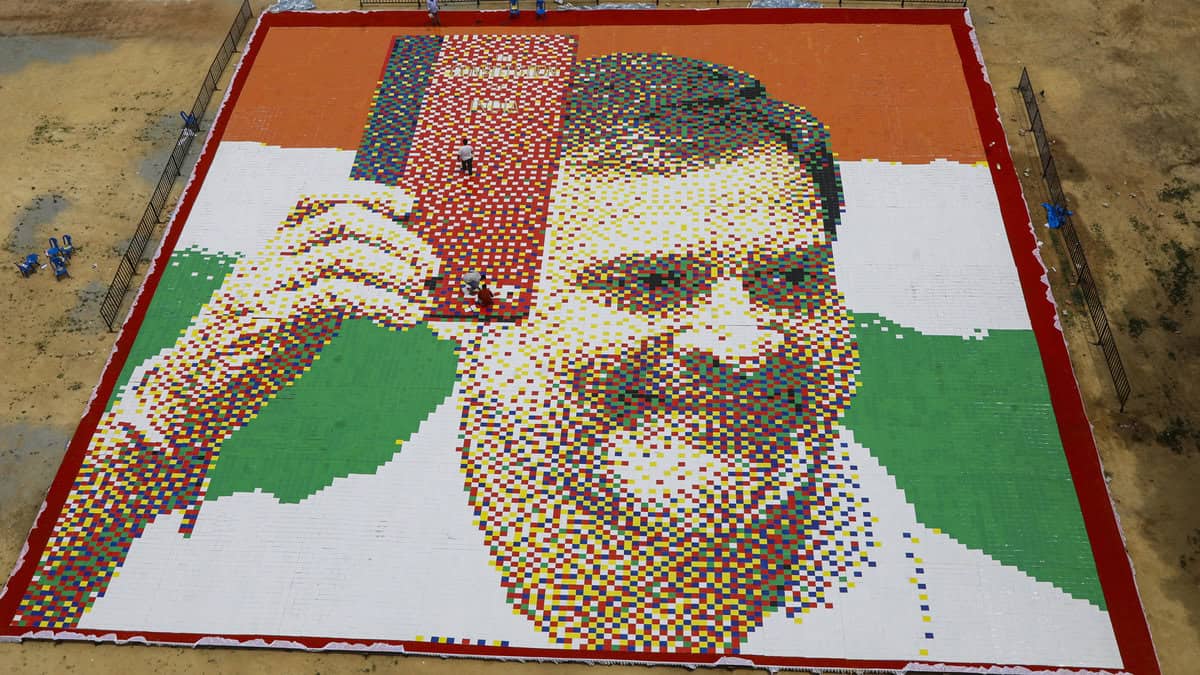NEW YORK (AP) — The FBI arrested a Washington state man accused of providing chemicals to make explosives for last month’s bombing of a fertility clinic in Palm Springs, California, federal authorities said Wednesday.
Watch the news conference in the video player above.
Daniel Park, 32, was taken into custody on Tuesday night at New York’s John F. Kennedy Airport upon his return from Poland, U.S. Attorney Bill Essayli told reporters.
READ MORE: FBI arrests man linked to California fertility clinic explosion at JFK airport, officials say
Federal authorities allege Park shipped 180 pounds of ammonium nitrate to Guy Edward Bartkus, 25, who bombed the clinic and was killed in the blast. The chemical compound is an explosive precursor that can be used to make homemade bombs, Essayli said.
Park, who is from Kent, Washington, also traveled to Southern California in late January to stay with Bartkus for about two weeks, Essayli said.
Authorities described Bartkus and Park as members of the anti-natalist movement, a fringe group that opposes childbirth and population growth and believes people should not continue to procreate. Officials said he intentionally targeted the fertility clinic as an act of terrorism. He tried to livestream the explosion, but the attempt failed, the FBI says.
The blast gutted the American Reproductive Centers fertility clinic in Palms Springs and shattered the windows of nearby buildings along a palm tree-lined street. Witnesses described a loud boom followed by a chaotic scene, with people screaming in terror and glass strewn along the sidewalk and street. A body was found near a charred vehicle outside the clinic.
READ MORE: Authorities say suspect in California fertility clinic car bombing left behind ‘anti-pro-life’ writings
Investigators haven’t said if he intended to kill himself in the attack or why he chose the specific facility. The clinic provides services to help people get pregnant, including in vitro fertilization and fertility evaluations.
Authorities executed a search warrant in Bartkus’ hometown of Twentynine Palms, a city of 28,000 residents northeast of Palm Springs with a large U.S. Marine Corps base. Authorities haven’t shared specifics about the explosives used to make the bomb and where Bartkus may have obtained them.
A senior FBI official called the explosion possibly the “largest bombing scene that we’ve had in Southern California.”
Scott Sweetow, a retired ATF explosives expert, had previously said the amount of damage caused indicated that the suspect used a “high explosive” similar to dynamite and TNT rather than a “low explosive” like gun powder.
Those types of explosives are normally difficult for civilians to access, but increasingly people are finding ways to concoct explosives at home, he said.
“Once you know the chemistry involved, it’s pretty easy to get stuff,” Sweetow said. “The ingredients you could get at a grocery store.”
The images of the aftermath also showed that the explosion appeared to blow from the street straight through the building and to the parking lot on the other side, something that could have been intentional or pure luck, Sweetow said. A part of the car was also blown through the building and landed in the back by a dumpster.
Support PBS News Hour
Your donation makes a difference in these uncertain times.





